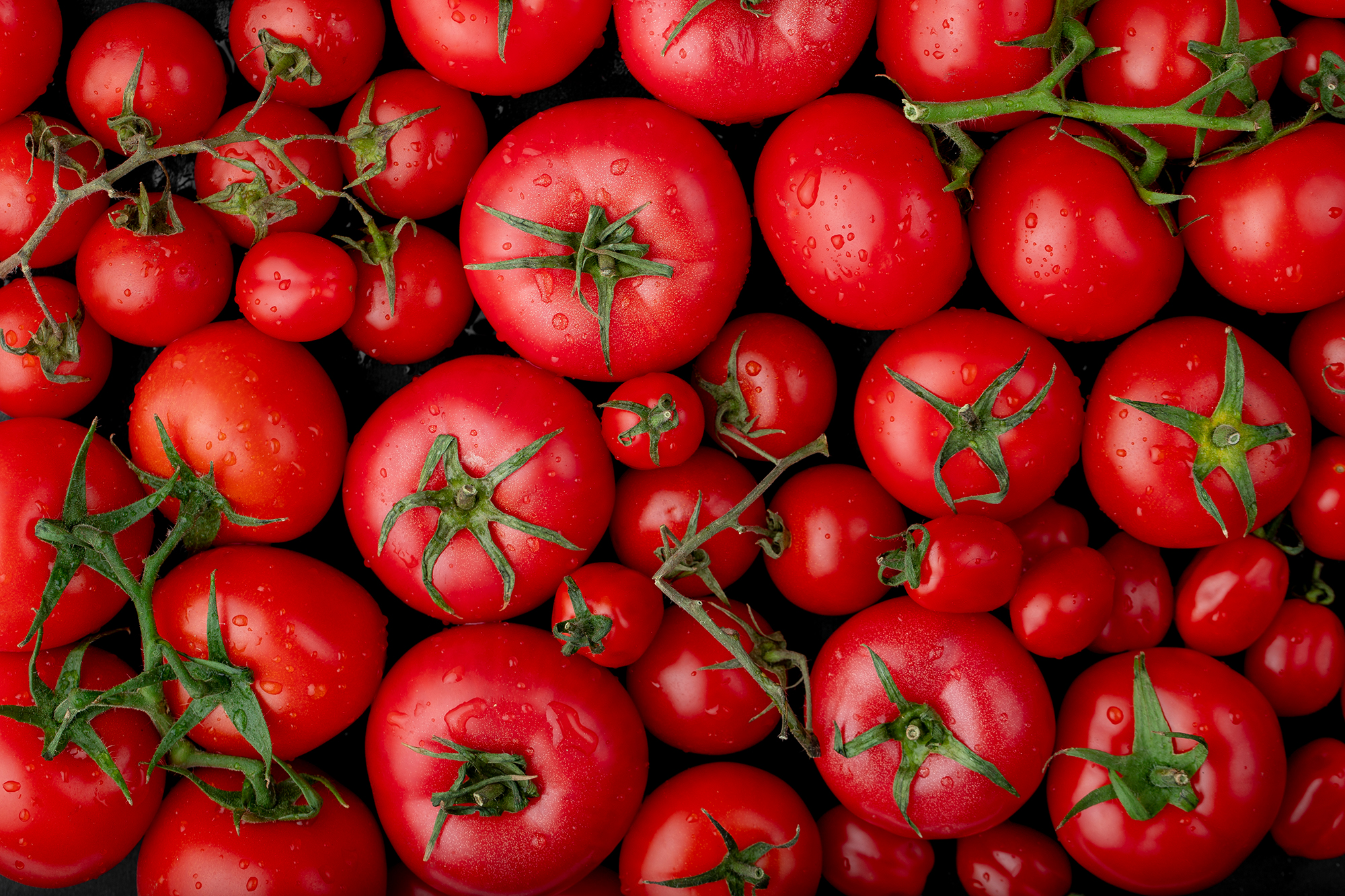7 healthy fruits and vegetables to eat this summer
 Photo: What fruits to eat in summer (freepik.com)
Photo: What fruits to eat in summer (freepik.com)
Summer is coming soon, bringing the season of delicious fruits and ripe vegetables. Some of them are especially beneficial for health and should be included in your diet, according to VeryWell Health.
Fruits and vegetables to eat this summer
Tomatoes
This summer vegetable can reduce the risk of heart disease, aid immune function, and lower the risk of type 2 diabetes. Containing beta-carotene and lycopene, it may also reduce the risk of certain types of cancer.
Use tomatoes in salads or serve them with mozzarella and basil as a fresh summer appetizer.

Include tomatoes in your diet (photo: freepik.com)
Strawberries
High in fiber and water content, strawberries are the perfect summer fruit. Despite being sweet, they contain less sugar than many other fruits, making them enjoyable for individuals with diabetes who need to monitor their blood sugar levels.
This berry also contains plenty of vitamin C, manganese, potassium, and folate. Vitamin C combined with antioxidants means strawberries can help combat free radicals.
Blueberries
These little berries contain a powerful amount of anthocyanin pigments, which are water-soluble pigments responsible for the blue, red, and purple colors of fruits and vegetables. These special pigments have antimicrobial and antioxidant properties and can help improve neurological function and protect against diseases.
In terms of heart health, blueberries are rich in fiber and vitamin K. They are also perfect for summer desserts.
Peaches
These fruits contain fiber, vitamin C, vitamin A, and potassium. According to research conducted on animals, peaches can also help lower cholesterol levels and blood pressure, making them beneficial for heart health.
This fruit also contains beta-carotene, which is beneficial for the eyes, and polyphenols and probiotics, which can help fight inflammation and reduce the risk of chronic diseases.
Apricots
You can eat apricots with cinnamon and yogurt instead of your usual dessert.
Apricots also contain plenty of antioxidants and potassium, which help with gut health, eyesight, and skin.
_3.jpg)
Apricots are very useful (freepik.com)
Watermelons
Despite being 92% water, watermelon contains several key nutrients and minerals. It's rich in potassium, lycopene, and fiber. This can improve blood pressure and help prevent certain heart conditions.
Zucchinis
This vegetable is high in potassium, making it beneficial for blood pressure and reducing the risk of stroke and cardiovascular diseases. According to dietitians, zucchini also has a high content of vitamin C and fiber, so it can aid digestion and cholesterol removal from the blood.
Also, read about the top 5 healthiest fruits everyone should eat.

